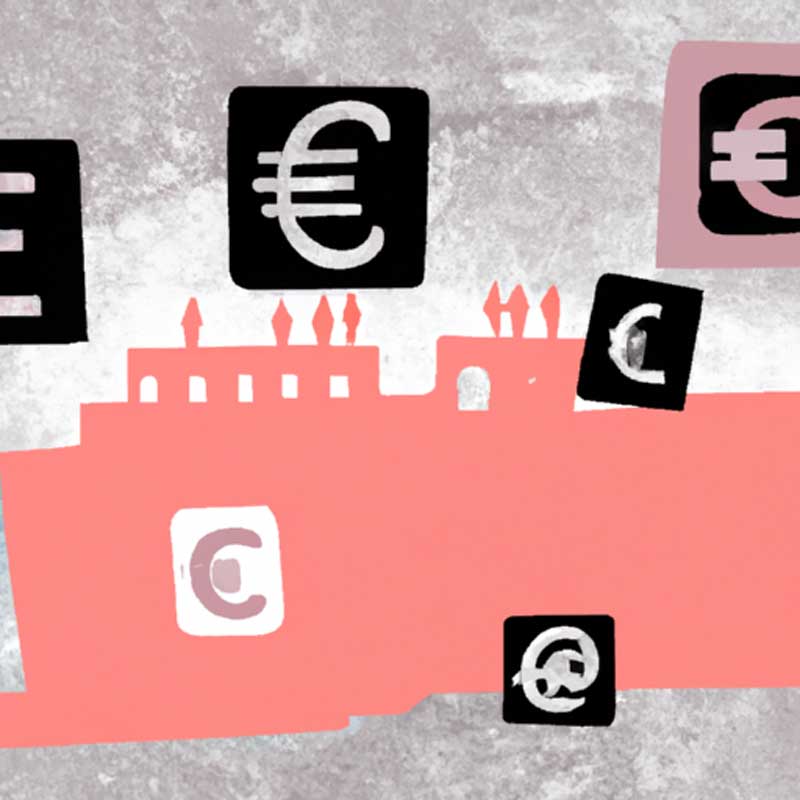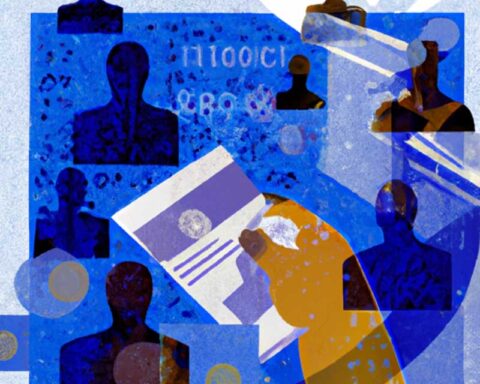TLDR:
Key points from the article:
- Nigeria plans to regulate e-commerce platforms and introduce cyber insurance for users.
- The draft National Digital Economy and E-Governance Bill aims to create a legal framework to accelerate Nigeria’s digital economy.
The Nigerian government is taking steps to regulate the e-commerce sector and introduce cyber insurance for users. This initiative is part of the draft National Digital Economy and E-Governance Bill, which is currently under review by the National Assembly. The Bill, sponsored by the Ministry of Communications, Innovation, and Digital Economy, aims to create a legal framework that will support the growth and transformation of Nigeria’s digital economy through technology.
Key elements of the Bill include requirements for e-commerce platforms to provide clear and accurate information about sellers, goods, services, and transaction terms. Additionally, the Bill mandates the development of cyber insurance regulations for electronic commerce by the National Insurance Commission (NAICOM) and the National Information Technology Development Agency (NITDA).
If passed, the proposed legislation will impact both major e-commerce platforms and smaller players in the sector. Non-compliance could result in fines and potential new taxes and levies imposed by NITDA. The e-commerce sector in Nigeria is expected to generate significant revenue growth, with a projected revenue of $2.68 billion by 2024 and a compound annual growth rate of 12.8% leading to $4.34 billion by 2028.
This regulatory framework aims to align Nigerian e-commerce practices with international standards, improve competitiveness on a global scale, facilitate cross-border e-commerce, and open up new markets for businesses in Nigeria.









